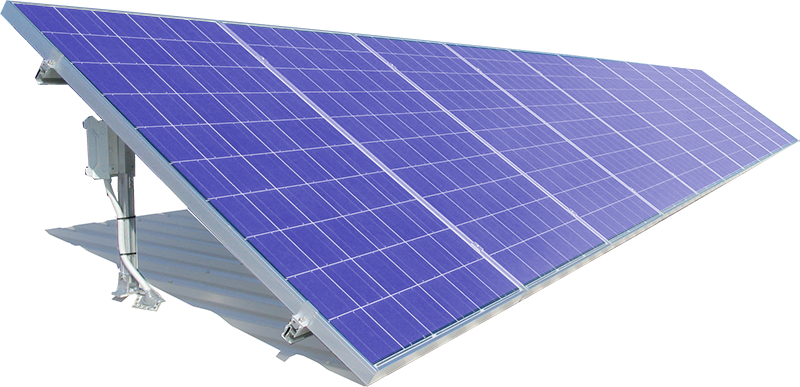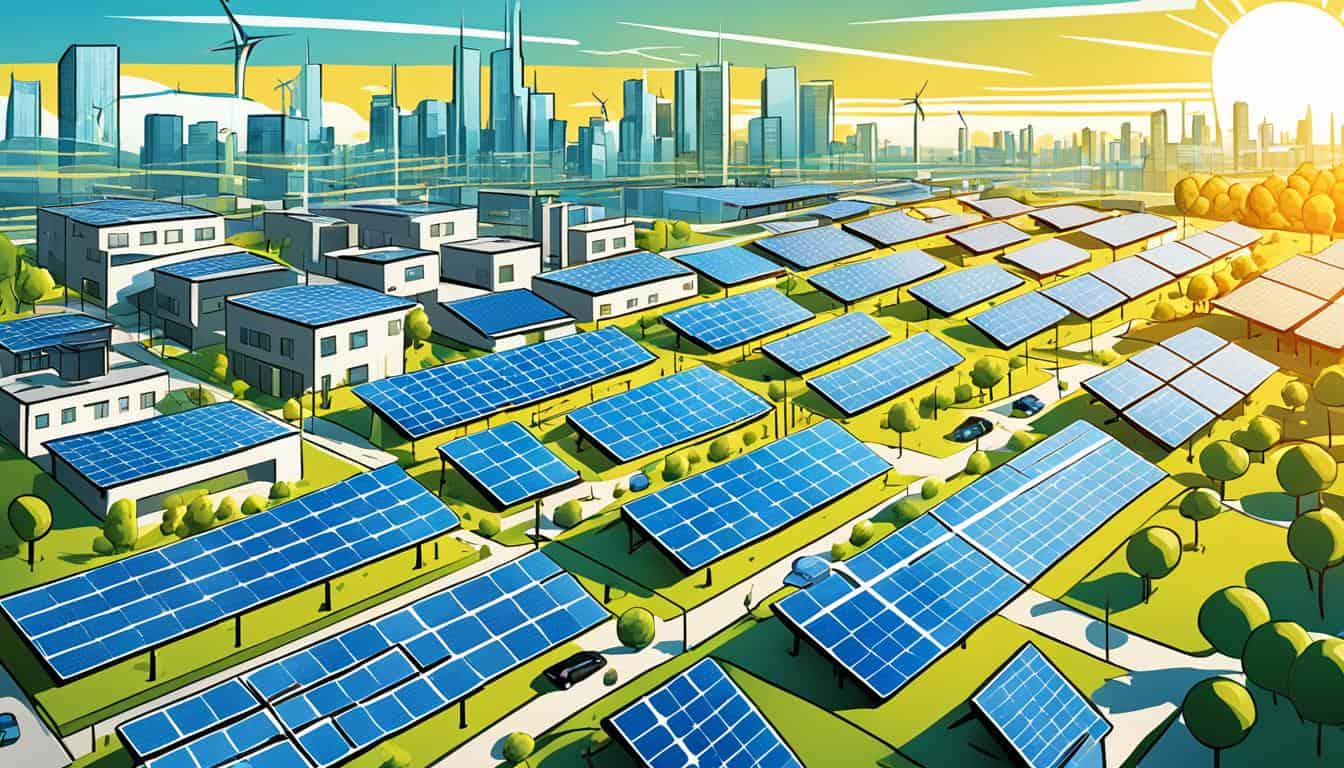In a world facing rising temperatures, extreme weather events, and growing carbon emissions, one solution is shining brighter than ever—solar panels. Once considered futuristic, solar technology has now become mainstream. But the big question remains: Can solar panels truly save the planet? As we look ahead, the answer lies in technology, policy, and human action.
In a world facing rising temperatures, extreme weather events, and growing carbon emissions, one solution is shining brighter than ever—solar panels. Once considered futuristic, solar technology has now become mainstream. But the big question remains: Can solar panels truly save the planet? As we look ahead, the answer lies in technology, policy, and human action.


Every hour, the sun beams more energy onto Earth than the world consumes in a year. Solar panels, made of photovoltaic cells, convert this abundant energy into electricity without releasing harmful greenhouse gases. Unlike fossil fuels, solar energy is clean, renewable, and virtually limitless. In recent years, we've seen a global surge in solar adoption. From massive solar farms powering cities to rooftop panels on homes, solar is steadily reshaping the way we generate and consume energy.
One of the greatest benefits of solar panels is their ability to reduce CO₂ emissions. Electricity generation is one of the largest contributors to climate change. Replacing coal and gas plants with solar installations can significantly cut emissions, slowing the pace of global warming.
Solar energy reduces our dependence on finite natural resources like coal, oil, and gas. It also decreases water consumption used in traditional power generation—an often overlooked environmental impact.
Fossil fuel combustion releases harmful pollutants into the air and water. Solar panels, on the other hand, produce clean energy silently and without emissions, improving air quality and health outcomes.
While solar panels offer a hopeful path, they are not a silver bullet. Some key challenges must be addressed:

Innovation is accelerating. Next-gen solar technologies—like perovskite cells, solar skins, and building-integrated photovoltaics—promise higher efficiency and more versatile applications. Smart grids and AI-driven energy management will also help integrate solar more effectively into global energy systems. Many countries have set ambitious targets for net-zero emissions by 2050, and solar energy plays a central role in these plans. Governments, industries, and individuals must continue to invest in clean technology, update infrastructure, and prioritize sustainability.